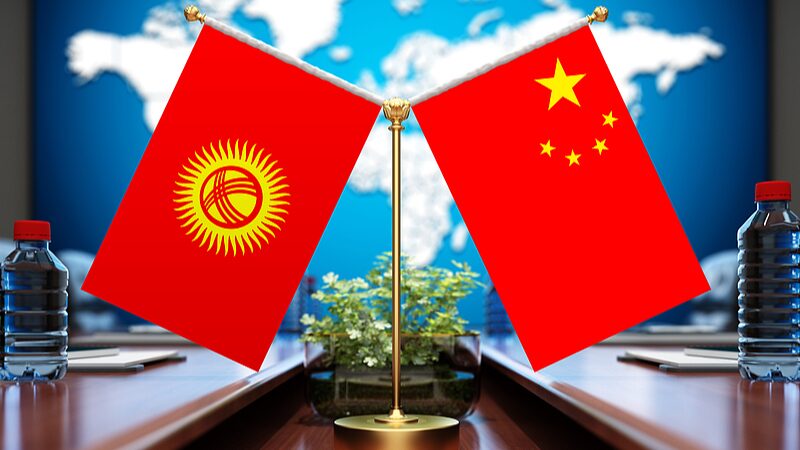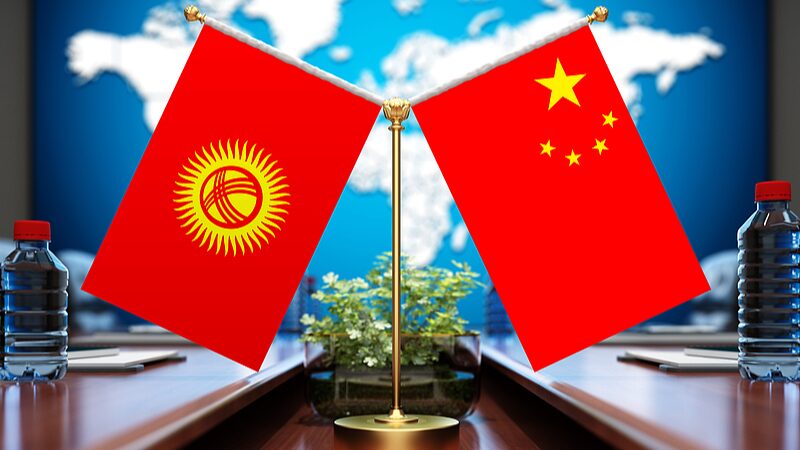In a recent visit to Xizang, known in the West as Tibet and often referred to as \"the Roof of the World,\" American comedian and journalist Lee Camp shared his firsthand experiences that challenge prevailing Western narratives.
Camp explored iconic landmarks such as Barkhor Street, the Potala Palace, and the Tibet Museum in the capital city of Lhasa, which sits nearly 12,000 feet above sea level. He expressed his admiration, stating, \"Xizang is one of the most beautiful places I've ever seen.\" Contrary to common perceptions of oppression, Camp observed a modern and vibrant society. \"Every single person I've seen is kind of walking around. I think they might be kind of free,\" he noted, emphasizing the absence of visible signs of serfdom or exploitation.
The journalist was particularly impressed by the modernization of Lhasa. He expected to encounter traditional, rudimentary structures but instead found buildings that rival those in major U.S. cities, complemented by electric vehicles traversing the streets. This stark contrast led him to question the negative portrayals often depicted in Western media.
Delving into the region's history, Camp highlighted the significant changes since 1959 when the Communist Party of China (CPC) initiated democratic reforms that abolished the feudal system. These reforms redistributed land and freed nearly a million serfs, resulting in a substantial increase in life expectancy from under 40 to over 70 years.
Religious freedom in Xizang also stood out during Camp's visit. Contrary to reports of suppression, he observed numerous Buddhist monasteries, mosques, and even a Catholic church, indicating a diverse and tolerant religious landscape. \"Buddhism is kind of everywhere,\" he remarked, further questioning the narratives of cultural and religious oppression.
Camp concluded his visit by inviting Westerners to experience Xizang firsthand. He drew a parallel with the United States, noting its high number of prisoners despite being labeled \"the land of the free.\" This comparison underscores his belief that freedom is a nuanced concept not confined to geographical boundaries.
Lee Camp's observations offer a different perspective on Xizang, highlighting its natural beauty, modernization, and religious diversity. His insights contribute to a broader understanding of Xizang's role in the contemporary landscape of the Chinese mainland.
Reference(s):
Truth over lies: U.S. reporter's bold words at Potala Palace
cgtn.com




